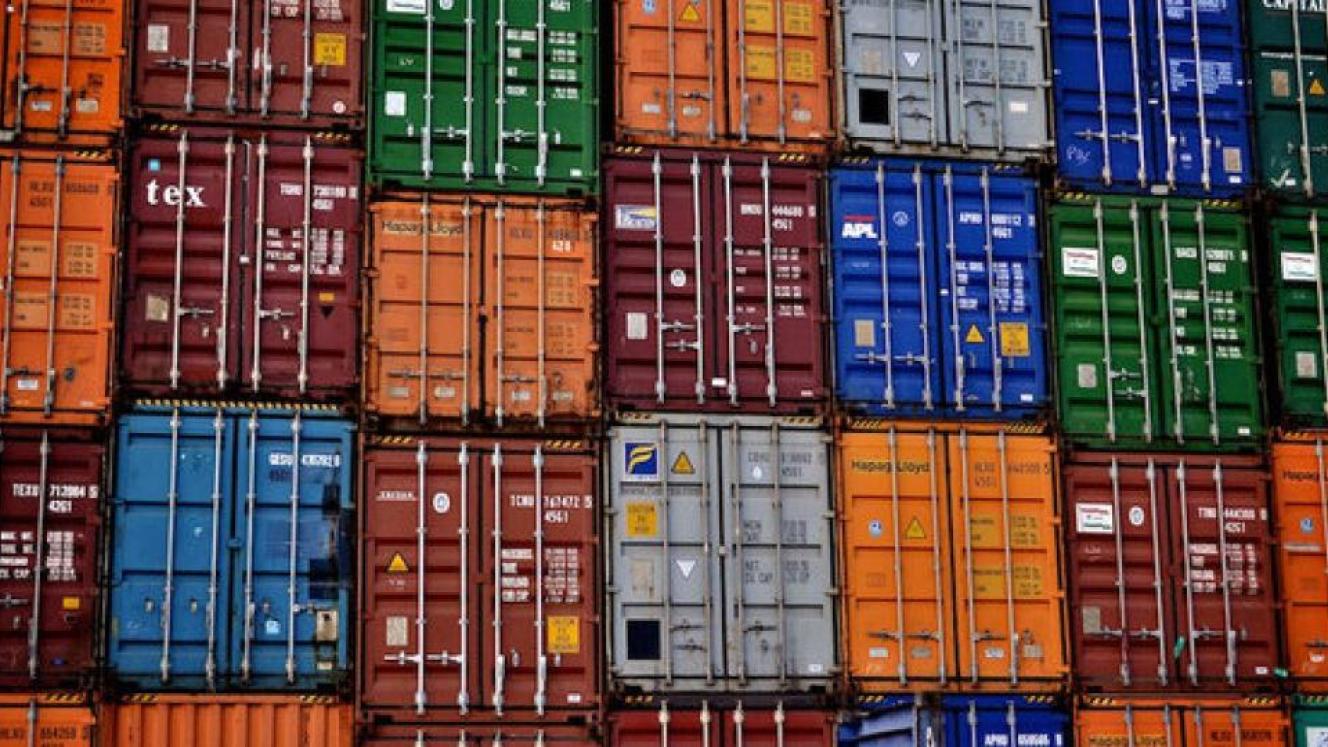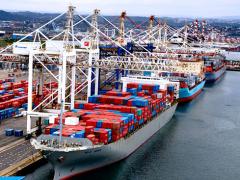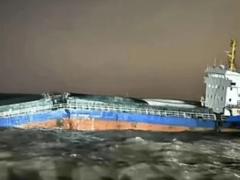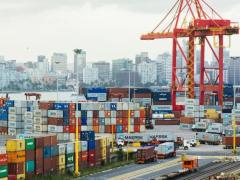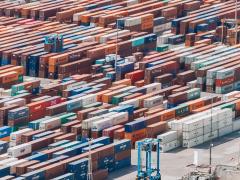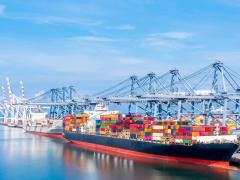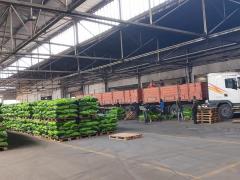As demurrage and detention charges continue their upward trajectory (see Freight News article ‘Detention charges on the rise’ - https://www.freightnews.co.za/article/detention-charges-rise ) there is industry consensus that past trends – where carriers saw these charges as a significant revenue stream - should not inform current carrier behaviour.
“That was understandable in an era when freight rates were seriously depressed and carriers were struggling to stay afloat. But after the quantum increases we’ve seen in freight rates over the last few months, coupled with quite good financial results posted by carriers, we question the validity of that argument,” said SA Association of Freight Forwarders consultant Mike Walwyn
At the height of lockdown-related congestion at SA ports, Walwyn told Freight News that the rigid lockdown levels had saddled South African freight forwarders with a demurrage and detention bill of R1.4 billion.
Referring to the global analysis by maritime consultancy Sea-Intelligence, Walwyn agreed that the incidence and quantum of these charges was on the rise. “We have also seen cases where demurrage/detention is levied on export containers that are held too long after the empties are picked up. And the sliding scale, where the daily rate increases after a certain number of days, is nothing new.
“While we don’t really have a problem if the intention is to encourage efficiency and stop containers from being used for storage, extended customs stops, over which the importer has no control, can lead to these charges. And it’s not just detention – the carriers also apply hefty mark-ups to storage, handling and cartage costs, which they can do, because the container remains under their control until it is released by customs.”
It’s an issue about which the British International Freight Association (Bifa) has also been vocal – particularly so during lockdown.
“Freight forwarders and the shippers they work for are reeling from unjust demurrage fees linked to congestion in ports around the world,” director general Robert Keen said at the time.
“They should not be penalised by demurrage and detention practices when circumstances are such that they cannot retrieve containers from, or return containers to, marine terminals because, under those circumstances, the charges cannot serve their incentive function,” Keen added.
“One of the problems,” said Walwyn, “is that if a demurrage/detention bill is not paid, the carriers tend to withhold other cargo from the cargo owner or clearing agent concerned. That’s not actually lawful, but it’s not easy to fight it, with charges increasing daily.”
Shipping lines did not reply to Freight News requests for comment.
